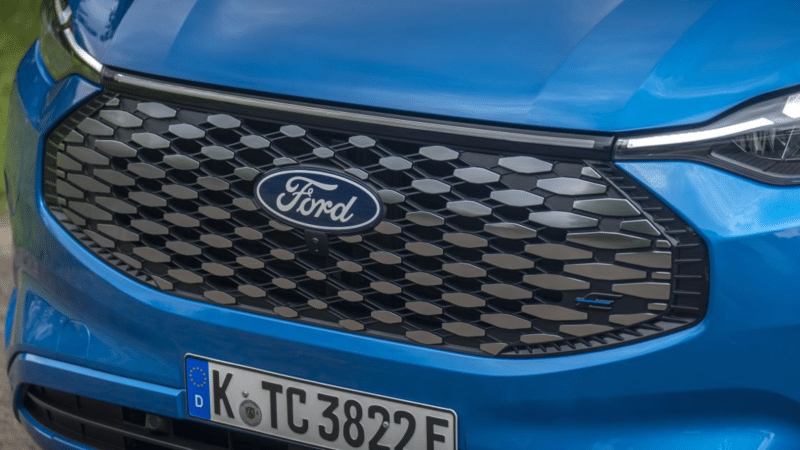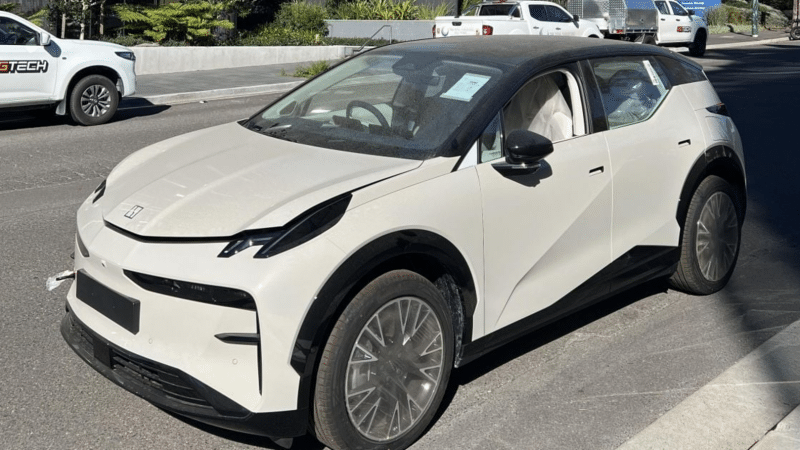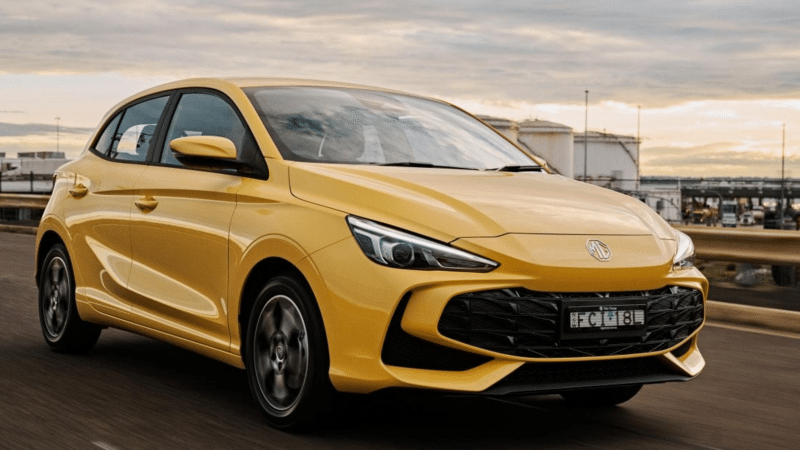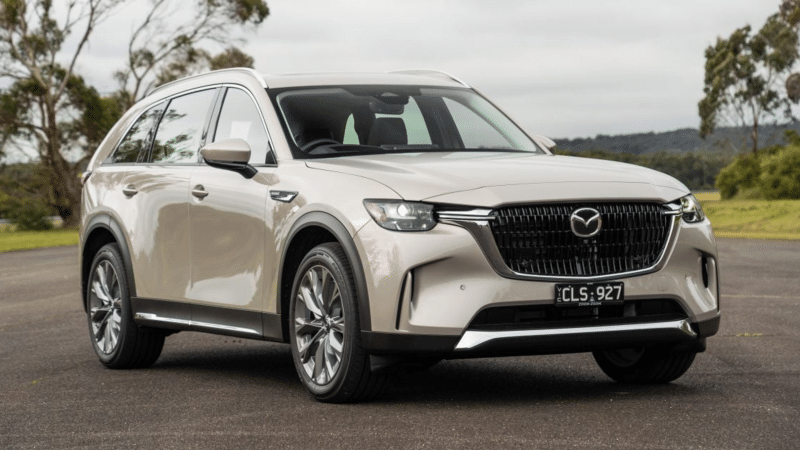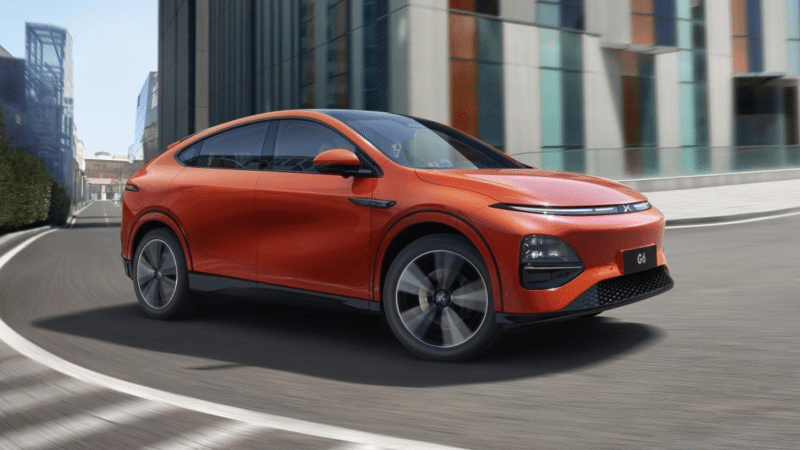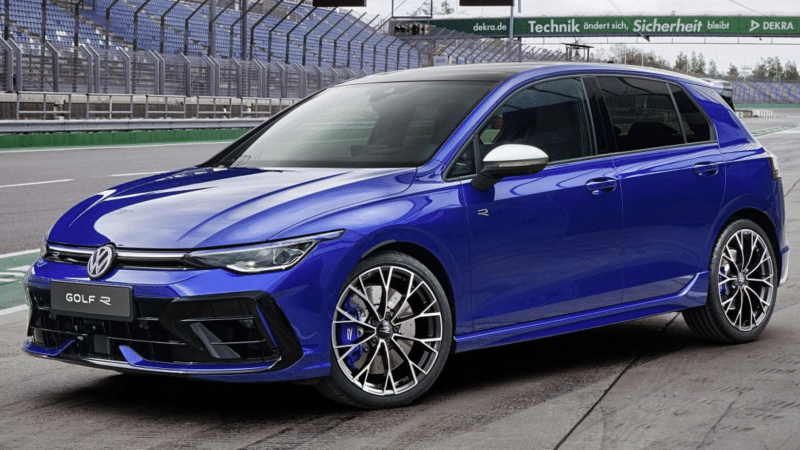McLaren CEO Rejects Possibility of All-Electric Supercar Before 2030
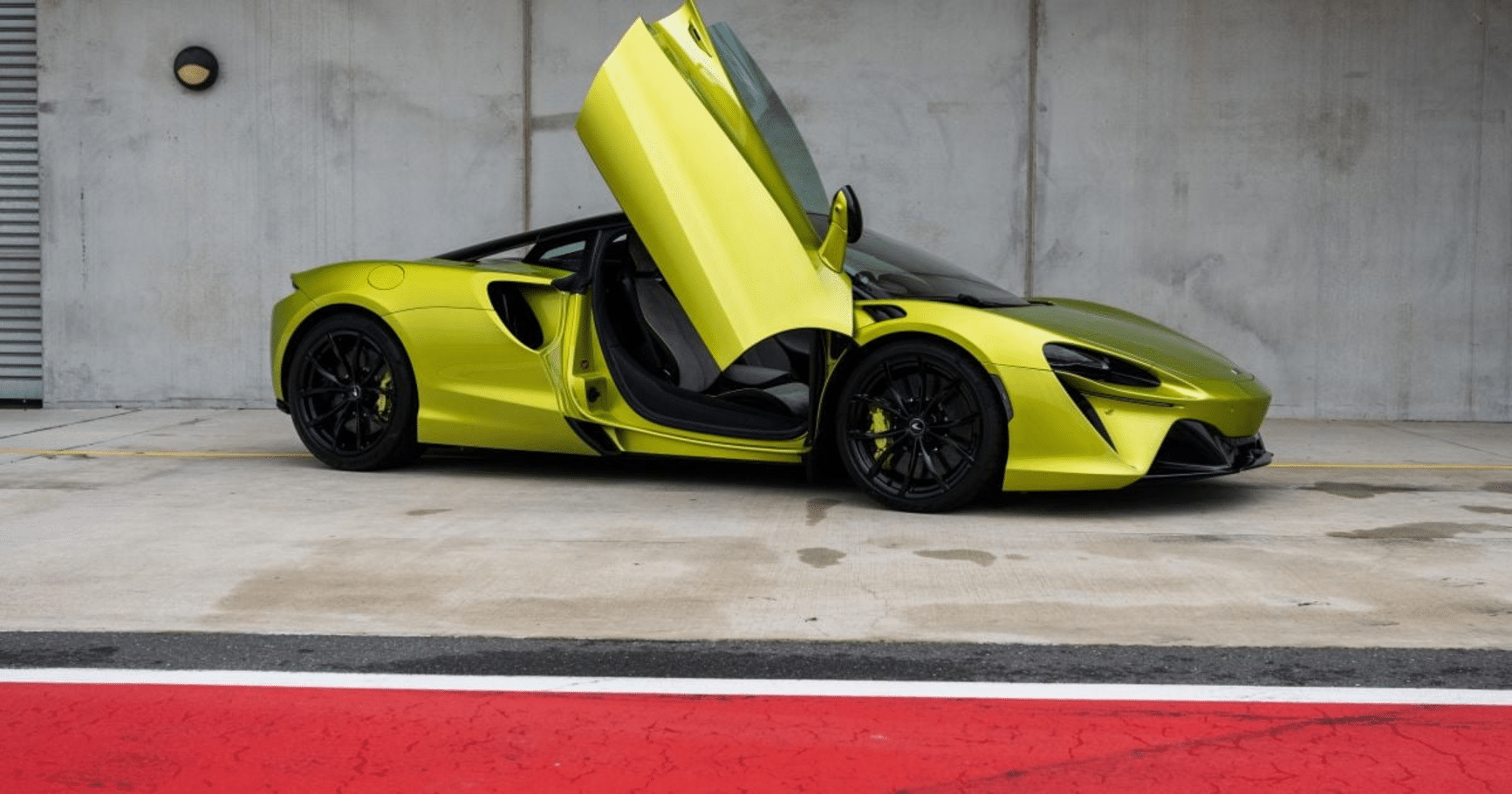
McLaren CEO Rejects Possibility of All-Electric Supercar Before 2030
Will McLaren’s patience pay off in the long run?
The CEO of McLaren, Michael Leiters, has firmly stated that an all-electric supercar from his company will not be happening before 2030. In an interview with Bloomberg, Leiters explained that battery technology needs further development before McLaren can create an electric supercar. While acknowledging the impressive performance of the Rimac Nevera, Leiters believes that current battery technology does not meet McLaren’s standards for weight and range.
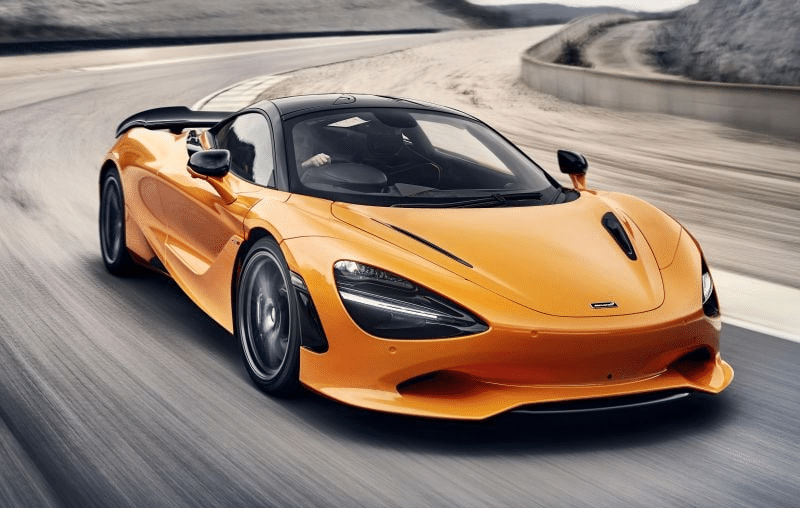
Leiters expressed doubt about the current capabilities of batteries, stating that they are unlikely to be light enough in the near-term to produce a McLaren supercar that matches the company’s current range. He stressed the importance of weight in creating an agile and responsive driver’s car. Despite recognizing the impressive performance of the Rimac Nevera, Leiters clarified that he doesn’t believe it strikes the right balance for McLaren.
Unlike McLaren, Ferrari is gearing up for an electric future. The Italian brand has plans to launch 15 new cars between 2023 and 2026, including its first electric vehicle. Ferrari’s CEO, Benedetto Vigna, has revealed little about the upcoming EV but promises that it will be ‘unique’ and developed through a ‘Ferrari lens’. By 2026, Ferrari aims to have 60% of its vehicle range consisting of hybrid and all-electric models, with the remaining 40% being internal combustion-powered.
Meanwhile, Lamborghini is set to launch its first EV in 2028, but the company hasn’t committed to electric power for its future sports cars in the following decade.
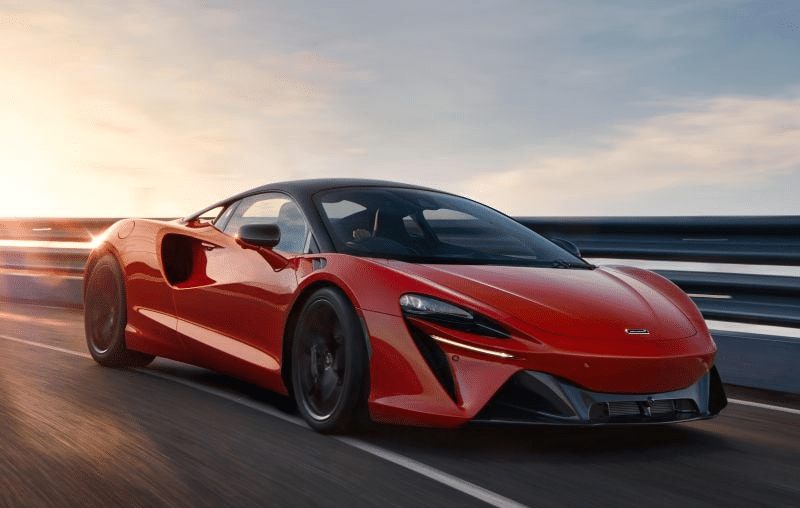
- McLaren CEO states that an all-electric supercar won’t be possible until after 2030
- Leiters is waiting for battery technology to advance before considering an electric supercar
- He emphasizes the importance of weight and range in creating an agile and responsive supercar
- McLaren wants to wait for battery technology to mature to a point where the weight can be around 1500kg
- McLaren’s stance differs from rival companies like Ferrari and Lamborghini who have plans for electric vehicles in the near future
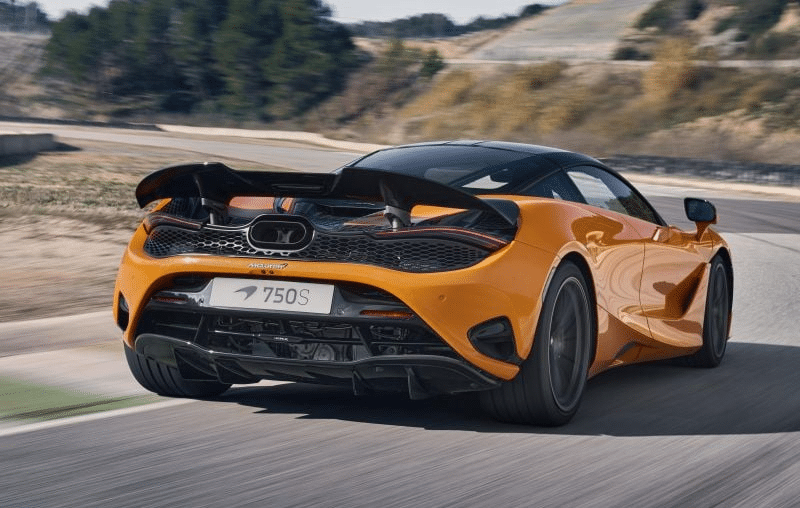
While McLaren takes a firm stance on not pursuing all-electric supercars until after 2030, rival companies like Ferrari and Lamborghini are embracing the electric revolution. These differing approaches highlight the varying strategies within the supercar industry. The question remains: will McLaren’s patience pay off in the long run?

